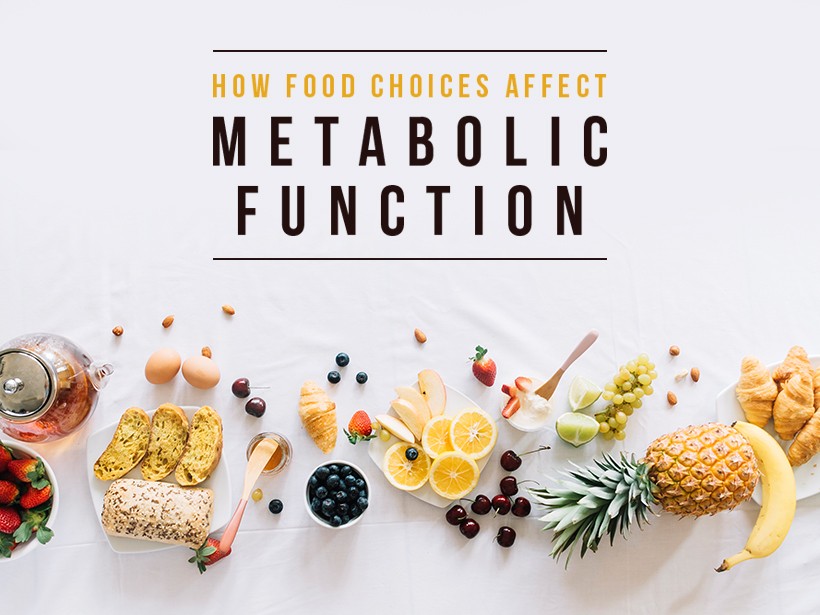When you begin a healthy-eating or weight-loss journey, you might sometimes feel as if your body is working against you. If you’ve ever felt this way, you aren’t far from the truth. When you lose weight, your body kicks in to defend itself. Hunger increases and your body tries to decrease burning energy. This is a natural survival mechanism designed to keep us healthy and alive.
A uniquely modern problem
As long as the body is at a healthy weight, this would make sense; falling below a healthy weight would cause an entirely new set of health problems. However, something seems to be amiss in our modern human biology. A study recently conducted by a group of researchers at Harvard phrased the question this way: why is it that “the average person today, compared with 40 years ago, seems to be ‘defending’ a much higher body weight?”1
In other words, the body seems to work against itself by holding on weight even past the point of obesity. What’s the solution? These researchers believe that what we consume changes how we process food.
When your diet kills your metabolism
Metabolism, simply stated, is the rate at which your body turns food into energy. A higher metabolism means that your body efficiently turns food into energy and stores less as fat. A slower metabolism means that more of the calories you eat get stored as fat.
According to the study, the shift in America’s diet away from dietary fats towards carbohydrates—particularly highly-processed carbohydrates—has changed the way our metabolisms function. Highly-processed foods contain large amounts of carbohydrates that the body quickly converts into glucose and sends into your bloodstream for delivery to your body’s cells. Thus, a diet high in these sorts of carbs overloads the body with glucose. According to the “carbohydrate-insulin model of obesity” under development by these researchers, the end game of a diet high in these types of carbohydrates is a physiological state where your body directs fuel away from usage and into storage as fat. Our modern diets have led our bodies “to increase hunger and food cravings, lower energy expenditure, and predispose to weight gain…”
The solution: think low-carb to correct your metabolism
Researchers found that the more their patients reduced their carbohydrate intake, the more they corrected their metabolic issues. Participants in the test were broken into three groups with each group consuming a different amount of carbohydrates. The group with the lowest amount of carbs had the highest increase in energy expenditure and the smallest amount of the hormone that increases hunger. Researchers concluded that a low-carbohydrate, high-fat diet could be the way to address the woes wreaked by the modern diet of man. Certainly, more research could be done to help us better understand this link, but the message is clear: what you put into your body matters more than you think!
NUTRITIONAL DISCLAIMER
The content on this website should not be taken as medical advice and you should ALWAYS consult with your doctor before starting any diet or exercise program. We provide nutritional data for our recipes as a courtesy to our readers. We use Total Keto Diet app software to calculate the nutrition and we remove fiber and sugar alcohols, like erythritol, from the total carbohydrate count to get to the net carb count, as they do not affect your blood glucose levels. You should independently calculate nutritional information on your own and not rely on our data. The website or content herein is not intended to cure, prevent, diagnose or treat any disease. This website shall not be liable for adverse reactions or any other outcome resulting from the use of recipes or recommendations on the Website or actions you take as a result. Any action you take is strictly at your own risk.
- Keto Might Give Navy SEALs an Advantage - July 18, 2019
- The Primary Roles of Fat in Our Diets - July 8, 2019
- Low Carb Tech is Transforming Diabetes Treatment - June 21, 2019































